When I read “short histories,” I expect something for beginners, but John Julius Norwich gives us a lot of detail to read in this story. I can‘t wait to read the three volume work and see what more details Norwich can find.
When I read “short histories,” I expect something for beginners, but John Julius Norwich gives us a lot of detail to read in this story. I can‘t wait to read the three volume work and see what more details Norwich can find.
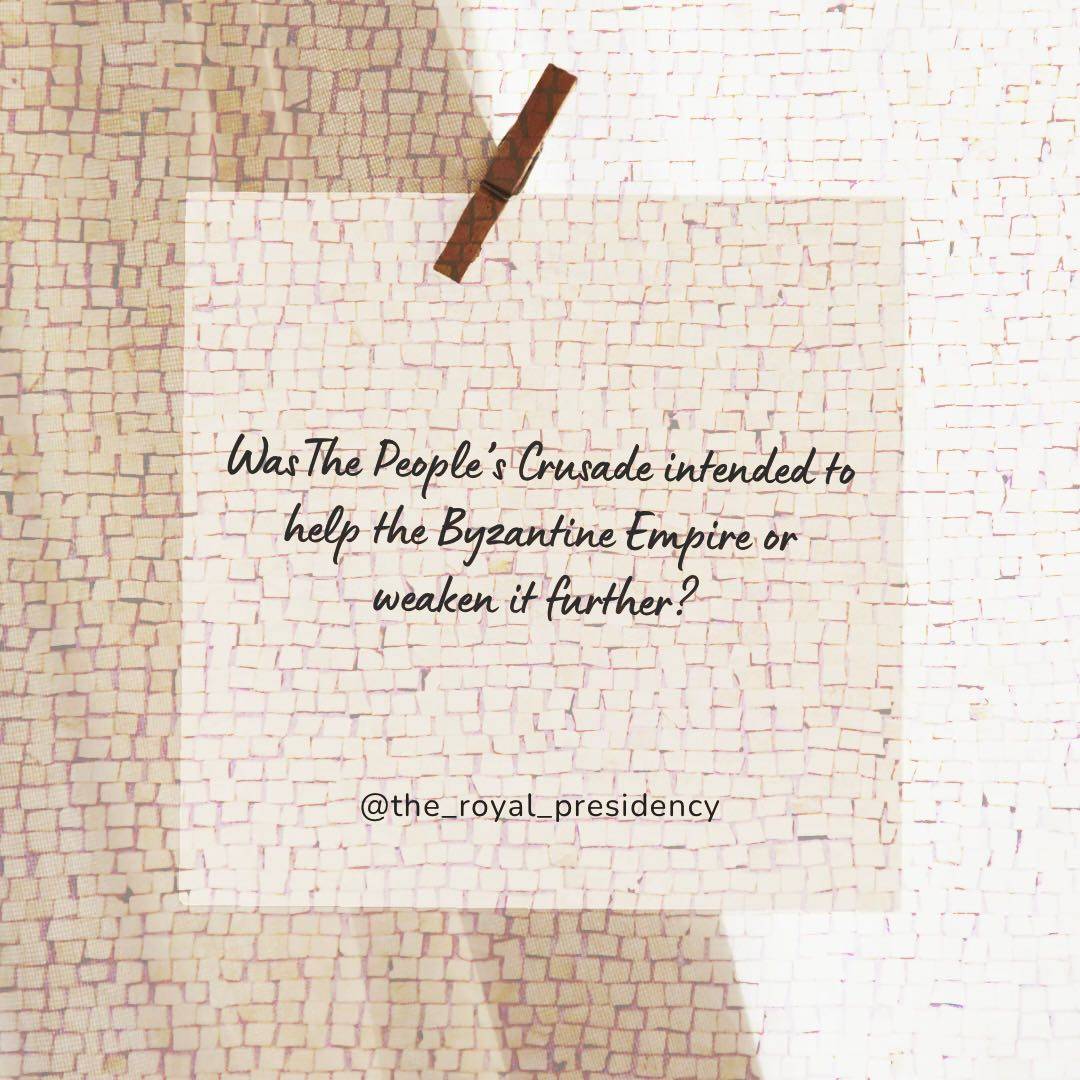
The People‘s crusade was an absolute mess…but did it have an underlying purpose? Let me know what you think in the comments and feel free to share with your own followers as well. #johnjuliusnorwich #ashorthistoryofbyzantium #byzantineempire #byzantium #thepeoplescrusade #peterthehermit #alexiuscomnenus #history #europeanhistory #seljukturks
One common theme I‘ve noticed is fighting the pope to divorce our wives. Sound familiar? Yes, but what makes Henry VIII different is Henry actually split from the church. Leaders at this point typically threatened to leave but never actually took that step, but the point is Henry VIII was not creative. He just crossed that line that we haven‘t seen before.#history of Byzantium #byzantineempire #catholicchurch #henryviii #pope #patriarch
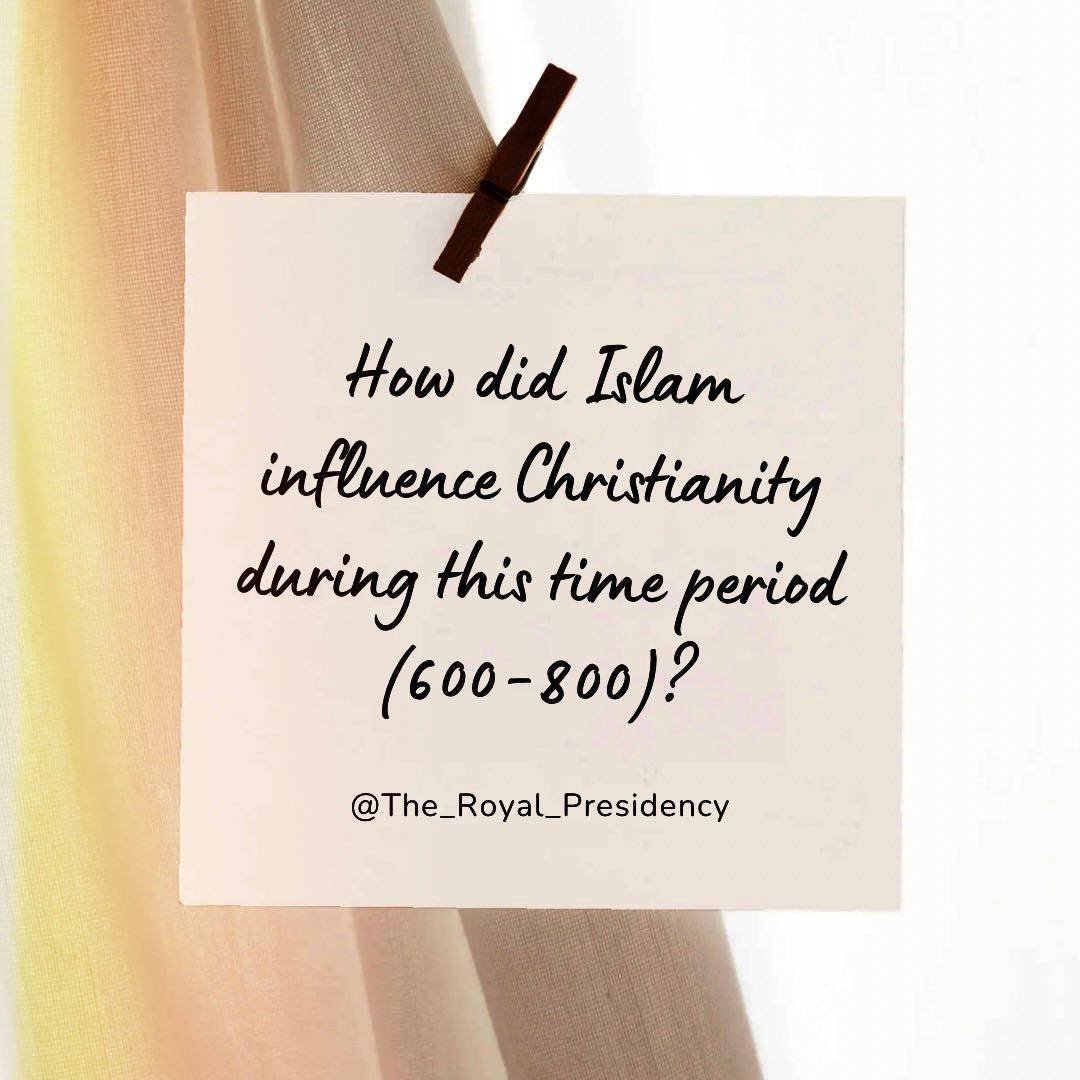
This one might be a little tough. How did Islam influence Christianity during this time period? #islam #christianity #discussion #ashorthistoryofbyzantium #catholicchurch #byzantium #byzantineempire #johnjuliusnorwich #popeleo #iconoclasm
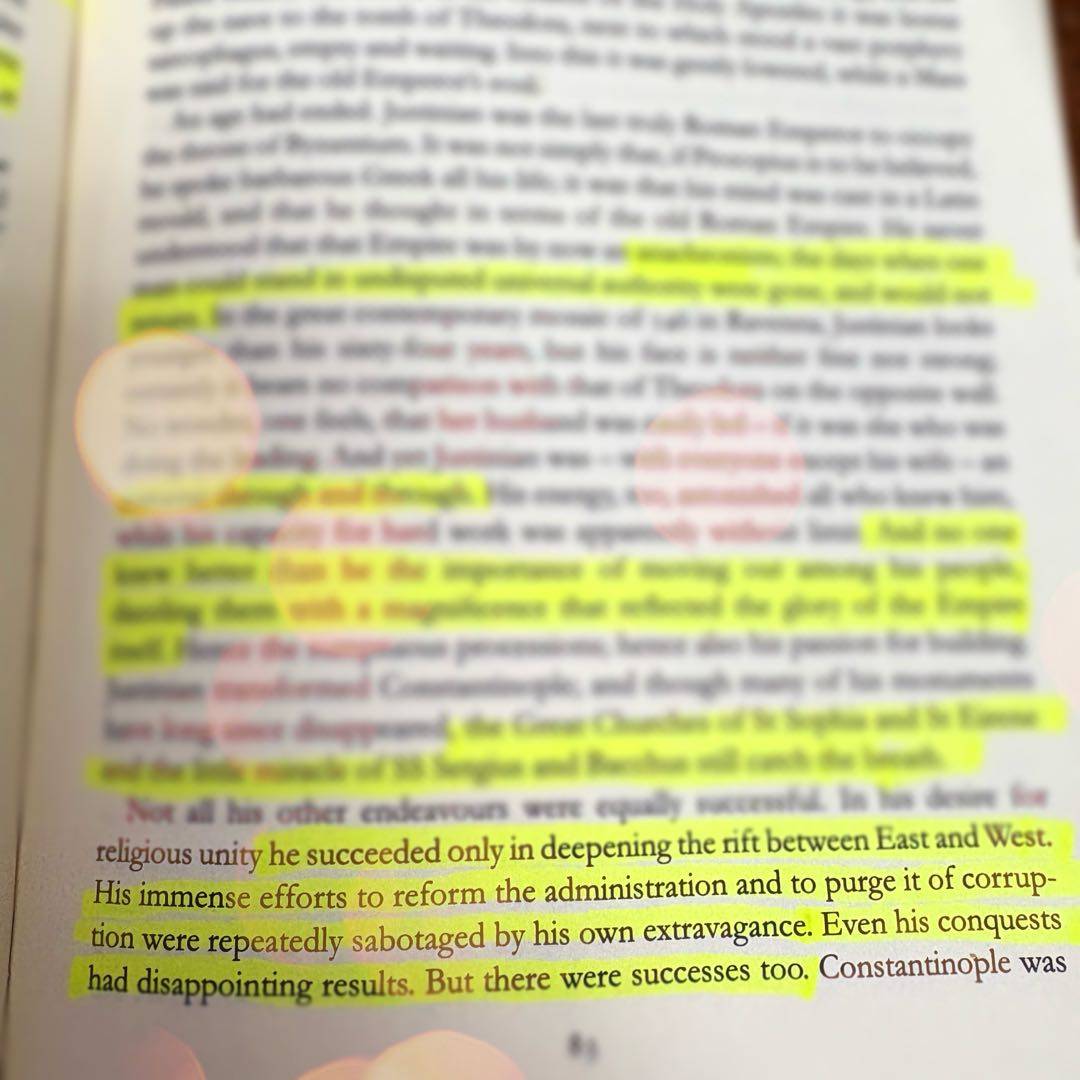
Sound like anyone else we‘ve talked about recently? #justinian #ashorthistoryofbyzantium #ohnjuliusnorwich #byzantineempire #easternromanempire #emperor #worldhistory #europeanhistory #history #failures #successes
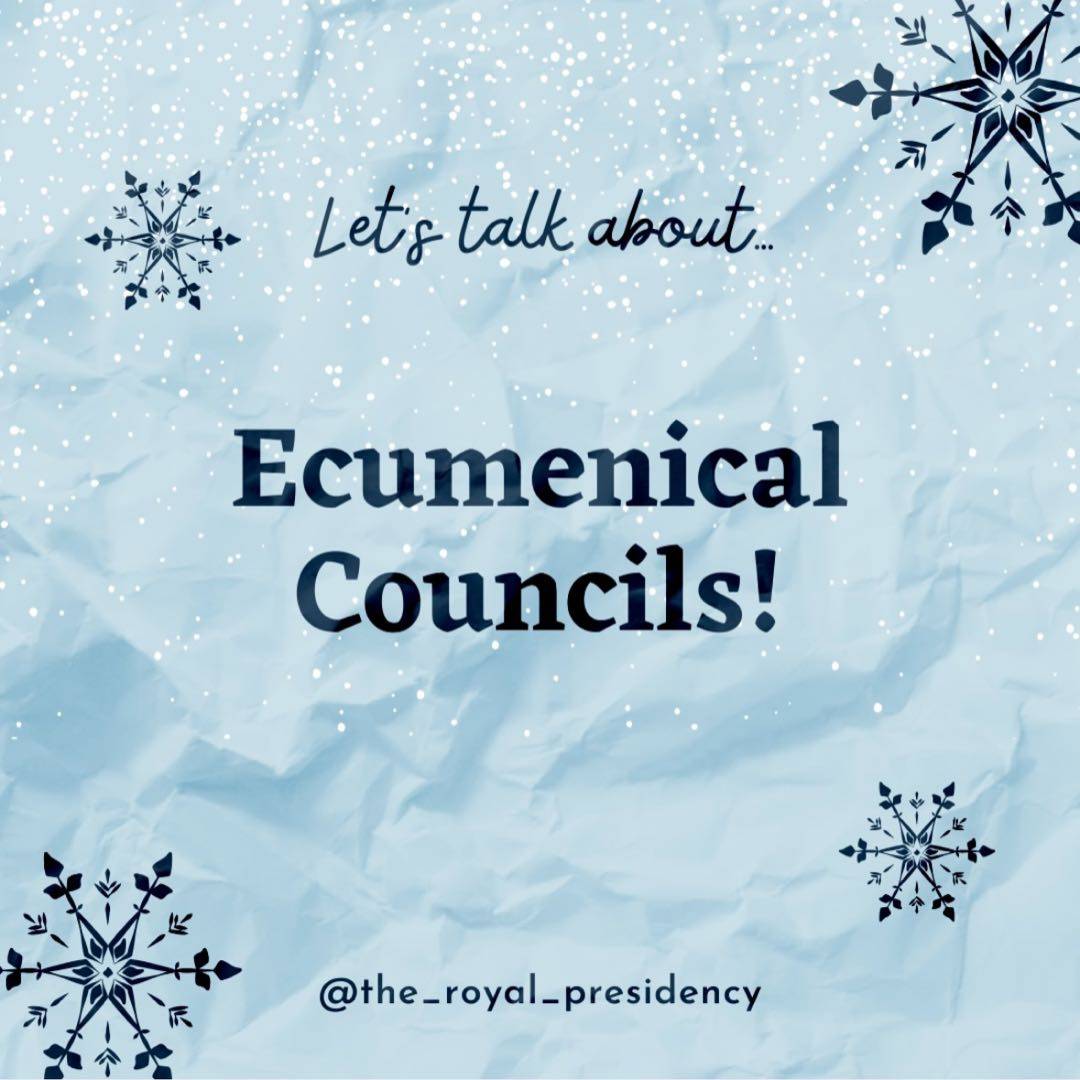
Part 3 (finally): Doctrine was not necessarily questioned by the regular public back then, but I look at it now as an adult in 2025 and ask myself what was written solely for a political purpose, and if there is a God, what God would want us to believe? I am not a theologian by any means, but I still question doctrine to an extent, and I question the origins and motivations of fundamental beliefs because of these councils.
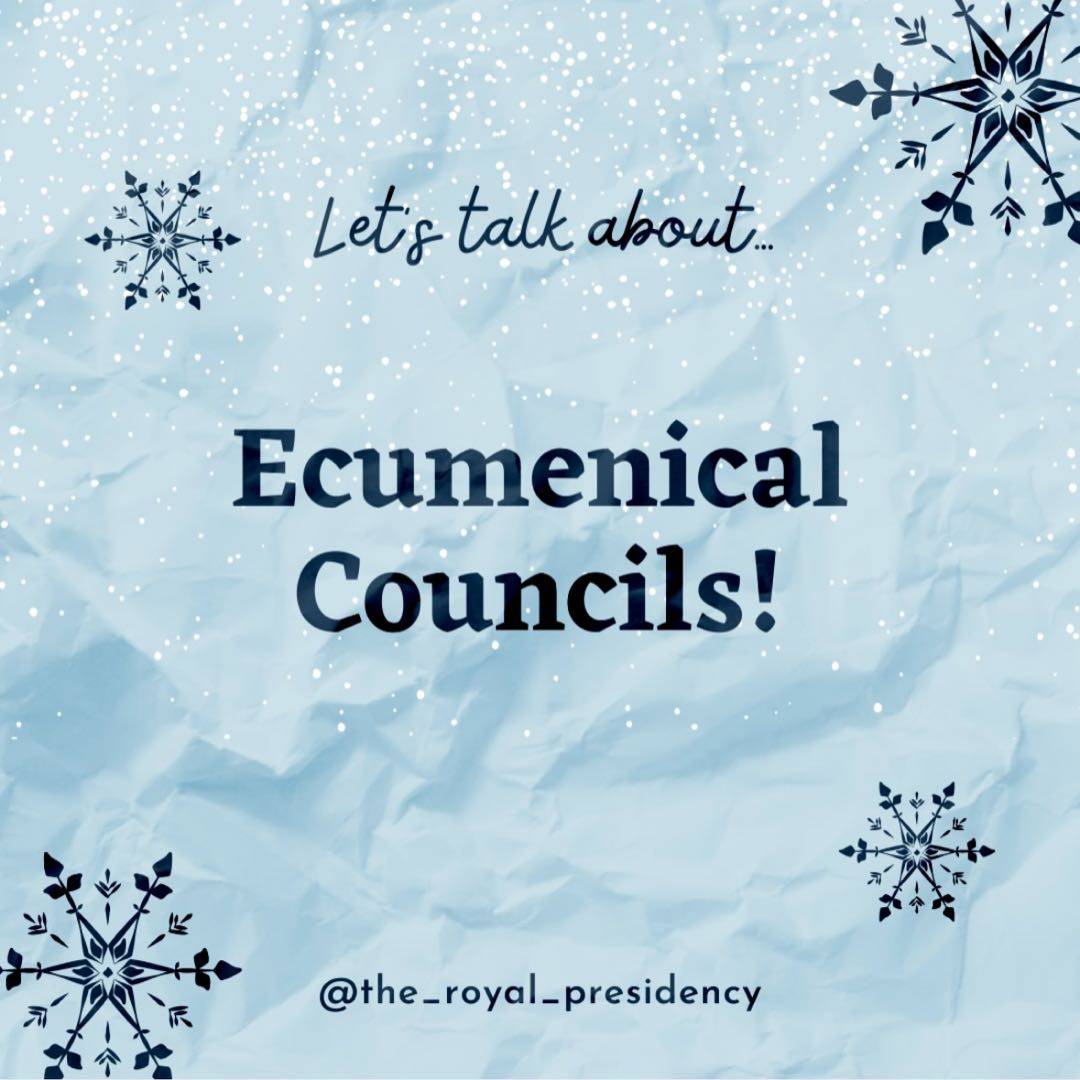
Part 2: In Catholic school, we learned that the councils were called by church leaders due to a fundamental question that needed to be answered, but it was solved peacefully and the church reinstated its authority…
But as we‘ve learned in A Short History of Byzantium, church councils were highly political, and the outcome often depended on how many people from each side attended the council.
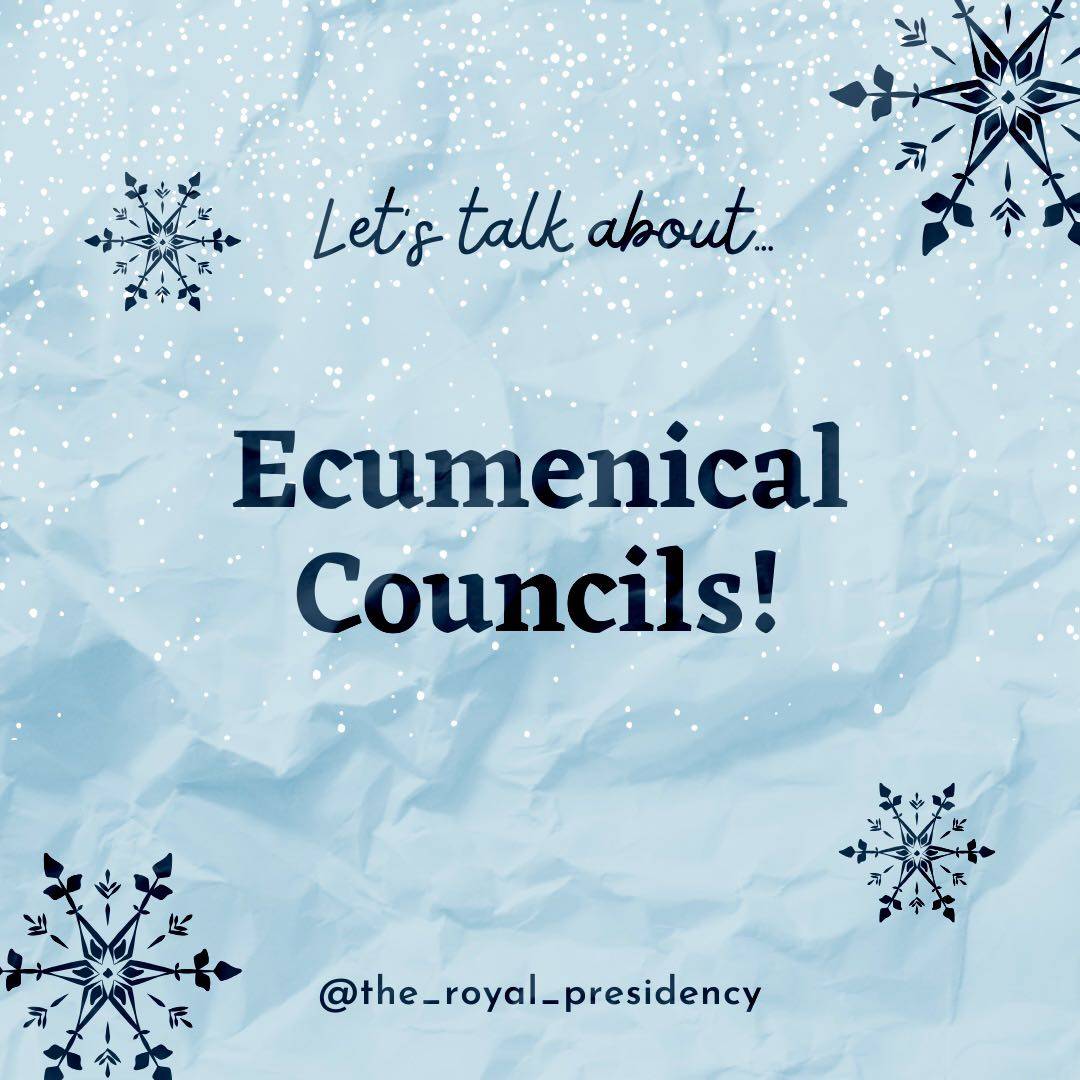
Part 1: Let‘s talk about ecumenical councils, particularly what their purpose was, what Catholic school said they were, and what they actually were. Whenever there was a conflict in the church, someone in a position of power, many times the emperor, would decree an ecumenical council. The council was a meeting of bishops to discuss the question presented, and the Holy Spirit was supposed to come down and guide the council to the right answer…
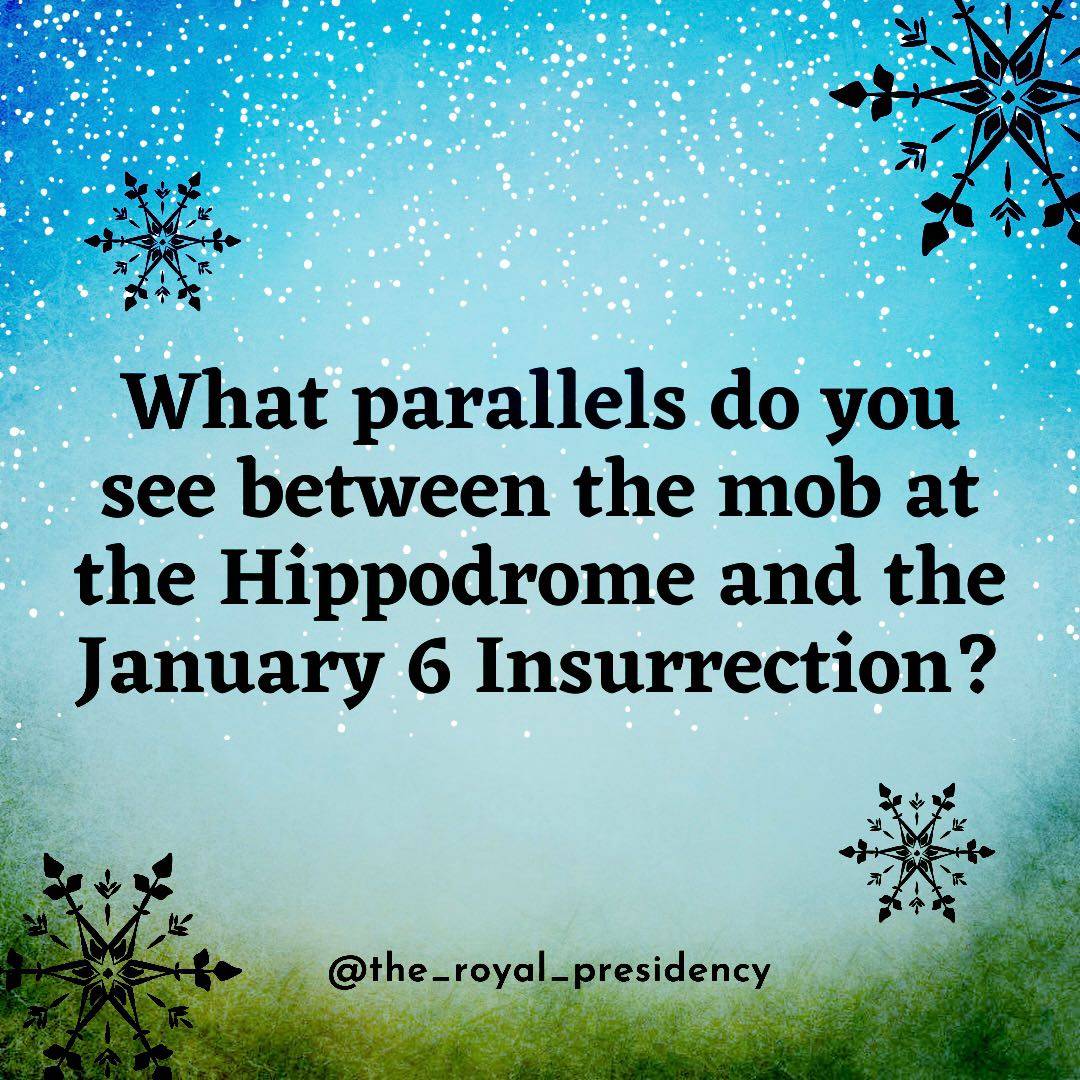
We‘re going to pull a little bit from the last book we read because I see parallels: What parallels do you see between the hippodrome mob rebellion and the January 6 insurrection we read about in The Divider? I see parallels, but I want to know what you all think. #thedivider #ashorthistoryofbyzantium #johnjuliusnorwich #peterbaker #susanglasser #donaldtrump #joebiden #justinian #theodora #byzantium #byzantineempire #insurrection #rebellion